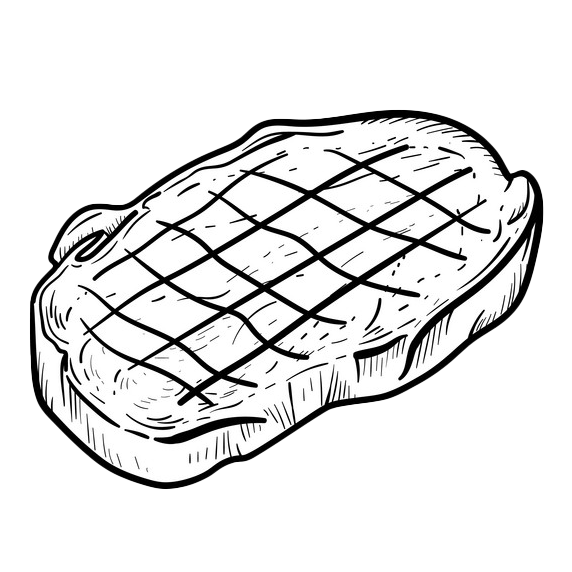Allergy Fighting Seafood
5 Ways to Fight Spring Allergies
1) Spices
Spicy foods and with a little kick can help kick out allergy symptoms. “Anise, fennel, horseradish, and hot mustard can all act as natural decongestants — they offer allergy relief by stimulating the mucosal cilia to help break up congestion,” says Janet Maccaro, PhD, CNC, a clinical nutrition consultant in Scottsdale, Arizona. Look for recipes with those ingredients or add them to your favorite standbys when you start feeling stuffy.
2) Fruits Rich in Vitamin C
Blame itchiness, hives, and other discomfort you feel during an allergic response on histamine. Vitamin C can help you with that. “Vitamin C indirectly inhibits inflammatory cells from releasing histamine,” says Carolyn Dean, MD, ND, medical director of the Nutritional Magnesium Association. Studies have shown that high levels of vitamin C reduce histamine and help it break down faster, once it’s released, providing allergy relief.
3) Fish and Shellfish
Omega-3 fatty acids in seafood have natural anti-inflammatory effects that boost the immune system — and most allergies happen when your immune system is out of whack, according to Dr. William Sears, author of the upcoming book, The Omega-3 Effect.
According to Dr. Sears, patients frequently complain about dry skin and eczema during the allergy season, and fish can alleviate those irritations. “All the ‘itises’ — dermatitis, bronchitis, arthritis, colitis — all of them are made better by the more seafood you eat,” says Dr. Sears. “Because omega-3s have total anti-inflammatory effects, sometimes people will notice that when I treat them with fish, their skin is softer and their asthma is better.” Choose fish especially high in Omega 3s such as Sablefish, Sockeye Salmon, Coho Salmon, Atlantic Salmon, and Sea Scallops.
Try out our Omega 3 Blast OR Omega 3 Protein Mix
4) Bioflavonoids
Some research shows that bioflavonoids can provide allergy relief by acting as mast-cell stabilizers, thus decreasing the number of cells reacting to an allergen. Mast cells are responsible for releasing histamine. One specific bioflavonoid, called quercetin, appears to be particularly powerful when it comes to fighting inflammation and providing allergy relief. Good sources of quercetin for allergy relief include apples, onions, tea, and red wine, among others.
5) Probiotics
Probiotics is a term often used interchangeably with microflora, except that often, probiotics implies the microflora we can consume (in supplements, foods, liquids). Consuming probiotics (especially those that are native to the human digestive tract) can help boost your inner ecosystem and your immunity.
“Probiotics have been proven to provide both anti-inflammatory and anti-allergic effects, especially when given in pregnancy and breastfeeding,” says William Silvers, MD, an allergist in Englewood, Colo., and chairman of ACAAI’s sports medicine committee. Foods that contain probiotics include yogurt, kefir, sauerkraut, and dark chocolate.
Sources
•Silvers, William, Janet Maccaro, and Carolyn Dean. "Foods That Fight Allergies."EverydayHealth.com. Leonard Bielory, 26 Dec. 2012. Web. 31 Mar. 2017.
•@acsifferlin, Alexandra Sifferlin. "5 Foods to Help Fight Spring Allergies." Time. Time, 27 Mar. 2012. Web. 31 Mar. 2017.
•Allergies: Natural Solutions." Natural Allergy Remedies and Allergy Relief - AANP. Ed. Jeanne Galloway. AANP, 15 Sept. 2016. Web. 31 Mar. 2017.
• Allergy statistics. http://www.aaaai.org/media/resources/media_kit/allergy_statistics.stm
•Ouwehand, Arthur, "Antiallergic effects of probiotics," Journal of Nutrition, Mar 2007.








Leave a comment